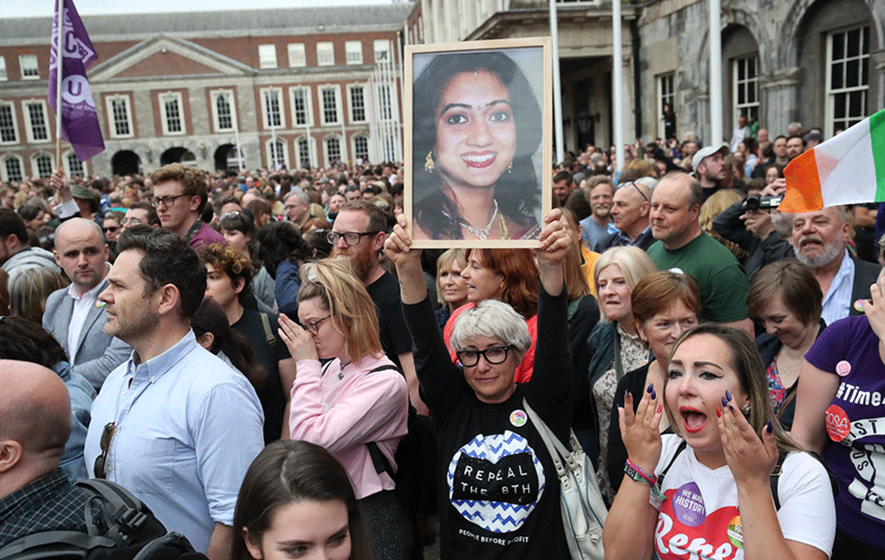By Sally Jane Black
The assault on reproductive rights continues. In the last month, Louisiana law-makers have passed a law restricting abortion access, making it a crime for anyone to provide an abortion to someone after 15 weeks of pregnancy, with no exceptions made for cases of either rape or incest. This law will endanger lives, prevent many women from receiving the care they need, and reinforces rigid ideas of womanhood that only benefit the ruling class.
Democrats Betray the Working Class
Instead of fighting against these attacks, the Democratic Party wrote, sponsored, voted for, and signed them into law. Despite their undeserved reputation of being the more progressive party, they have struck a blow against reproductive rights in Louisiana by passing the most restrictive abortion laws in the country. These laws serve only the interests of the capitalist class (including organizations like the Koch Brothers’ ALEC) that fund their election campaigns. Their motivations are not to defend family values, religious rights, or their own morals, but to opportunistically profit off of women’s suffering.
The Courts Will Not Save Us
The law closely matches one passed in Mississippi which has been taken to court, and it has been tied to that law’s fate in the courts. In Arkansas, a law was recently (passively) upheld in the courts that prevents doctors from providing medical abortions (as opposed to surgical) without a contract with another physician with hospital-admitting privileges. Medical abortions are known to be safer than surgical ones, and it has been shown that hospital-admitting privileges do not noticeably improve the safety of those receiving these pills. The law has shutdown almost all of the abortion clinics in the state. The court system has backed these laws without regard for the consequences to people in need of abortion services, especially poor, working class women.
We Must Fight Back
The legalization of abortion 45 years ago was won not because of the compassion of the unelected tyrants on the Supreme Court, but because of constant struggle from women and progressives in this country fighting for our liberation. The fight against the ruling class’s goal to control our bodies was a mass movement that we must reignite to protect what we have won and further our liberation today.

